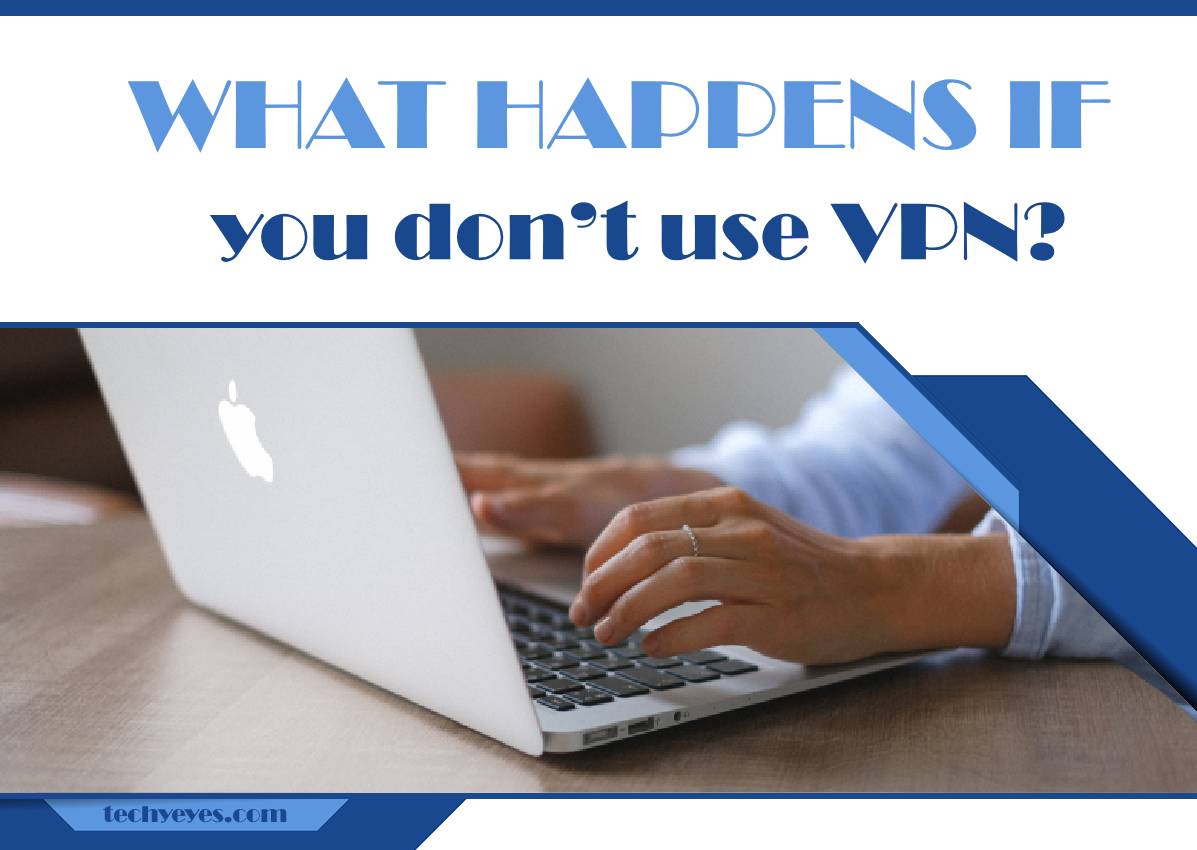In today’s digital age, online security and privacy have become increasingly important considerations for internet users. With the proliferation of cyber threats, data breaches, and surveillance activities, many individuals are turning to Virtual Private Networks (VPNs) as a means of safeguarding their online activities. But what exactly happens if you choose not to use a VPN? In this article, we’ll explore the potential risks and consequences of forgoing VPN protection.

1. Exposure to Cybersecurity Threats
One of the most significant risks of not using a VPN is exposure to cybersecurity threats. Without the encryption and security protocols provided by a VPN, your internet connection is vulnerable to interception, hacking, and malicious attacks. This leaves your data, sensitive information, and online activities susceptible to exploitation by cybercriminals, hackers, and other malicious actors.
2. Privacy Concerns
When you browse the Internet without a VPN, your online activities are exposed to third parties, including your Internet Service Provider (ISP), government agencies, advertisers, and websites. This lack of privacy means that your browsing history, search queries, and website visits can be tracked, monitored, and logged without your consent. This not only compromises your privacy but also exposes you to targeted advertising, profiling, and surveillance.
3. Data Interception and Surveillance
Without the encryption provided by a VPN, your internet traffic is transmitted in clear text, making it vulnerable to interception and surveillance by unauthorized parties. This means that your emails, instant messages, file transfers, and other online communications can be intercepted and monitored, putting your sensitive information at risk of being accessed, intercepted, or tampered with by hackers, government agencies, or other malicious entities.
4. Geo-Restricted Content Access
Many websites, streaming services, and online platforms impose geographical restrictions on their content, limiting access based on your location. Without a VPN, you may encounter limitations or censorship when trying to access content that is restricted in your region. This can be particularly frustrating for travelers, expatriates, or individuals living in countries with strict internet censorship laws.
5. Public Wi-Fi Vulnerabilities
Public Wi-Fi networks, such as those found in cafes, airports, and hotels, are notorious for their lack of security. When you connect to a public Wi-Fi network without a VPN, your internet traffic is exposed to potential security risks, including Man-in-the-Middle (MitM) attacks, packet sniffing, and data interception. This puts your personal information, login credentials, and financial data at risk of being intercepted or stolen by cybercriminals lurking on the network.
In conclusion, the decision to use or not use a VPN can have significant implications for your online security, privacy, and freedom. Without the protection provided by a VPN, you are exposed to cybersecurity threats, privacy concerns, data interception, surveillance, and geo-restrictions. This can result in the compromise of your personal information, sensitive data, and online activities, as well as limitations on your access to content and services on the internet. By understanding the risks of not using a VPN and taking proactive steps to protect your online privacy and security, you can mitigate these threats and enjoy a safer and more secure online experience.

